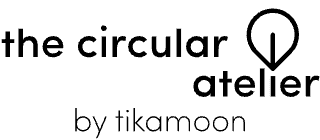Preserving ecosystems
FSC®-certified wood

Trees are not materials that humans can use as and when they like
It is crucial that we preserve forests because they play a vital role in absorbing carbon from the atmosphere and providing habitats for biodiversity, and many communities around the world depend on their resources. The FSC® certification ensures that the solid wood we use for our products comes from responsibly managed forests. It guarantees that the forests are managed in a way that protects biodiversity and that is socially and economically beneficial to local communities. The silvicultural practices used are designed to preserve the diversity of flora and fauna and enable forests to be conserved over the long term. In 2023, 55% of our solid-wood products were FSC®-certified.
Find out moreOEKO-TEX® STANDARD 100 certification for textiles

Every item bearing this label is certified as being safe for people and the environment.
The OEKO-TEX certification applies to textile products. The textile industry is one of the most polluting. It uses processes that pollute the soil and impact water quality, leading to the degradation of ecosystems and therefore biodiversity.
We use OEKO-TEX® STANDARD 100 certified fabric for our seating and rugs. This guarantees that the textiles or products used during the manufacturing process are safe for people (workers or consumers) and the environment. The certification aims to ensure that raw materials or finished products do not contain any harmful substances.














